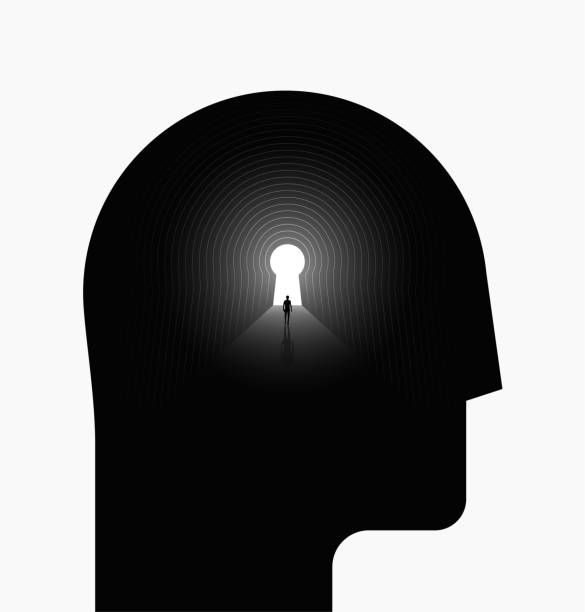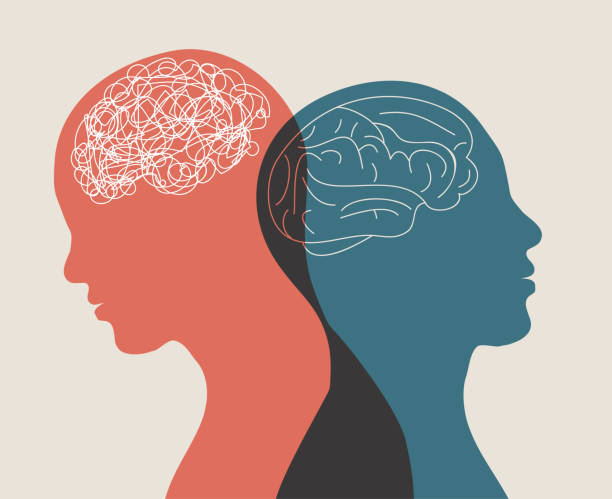Psychoanalytic Depth Work: Understanding Unconscious Processes in Psychological Treatment

Psychoanalytic depth psychology represents comprehensive theoretical and clinical approach recognizing crucial importance of unconscious mental processes, developmental history, and relational dynamics in shaping psychological functioning and human experience throughout life. Originally developed through clinical observation and extensive theoretical reflection, psychoanalytic thinking evolved significantly throughout twentieth century while maintaining core insights regarding psychological depth, unconscious motivation, and psychological complexity. Modern psychoanalytic practitioners integrate classical theoretical principles with contemporary psychological research and neuroscience findings creating sophisticated treatment approaches addressing multifaceted psychological difficulties and complex psychological presentations. Romanian clinical psychology includes accomplished practitioners specializing in psychoanalytic approaches contributing valuable perspectives to international depth psychology community and clinical practice. Understanding psychoanalytic theory foundations provides appreciation for comprehensive psychological treatment addressing root causes of psychological distress rather than surface symptom management.
Psychoanalytic approaches fundamentally emphasize importance of unconscious psychological processes operating outside conscious awareness yet profoundly influencing behavior, emotional responses, relationships, and life patterns. Unconscious conflicts, psychological defense mechanisms, and early developmental experiences significantly shape personality formation and individual psychological functioning throughout lifespan. Professional psychoanalytic training develops specialized clinical skills enabling practitioners accessing unconscious material through free association techniques, dream analysis, exploration of transference phenomena, and other depth-oriented interventions. Therapeutic work involves carefully bringing unconscious content into conscious awareness enabling psychological integration, personal understanding, and symptom resolution. Psychoanalytic depth distinguishes this treatment approach from more surface-oriented therapies focusing primarily on symptom management without addressing underlying psychological dynamics and root causes. Individuals seeking comprehensive psychological understanding and treatment addressing fundamental causes of psychological suffering may https://musictherapy.ro/buliga-psy/ to discover psychoanalytically-informed services combining theoretical sophistication with clinical expertise providing deep psychological work supporting lasting personal transformation and psychological change through professional therapeutic relationships.
Unconscious Mental Processes and Psychological Defense
Central psychoanalytic concept involves recognizing that significant psychological activity occurs outside conscious awareness influencing daily functioning without recognition or intention. Unconscious processes include repressed memories, forbidden desires, ambivalent feelings, and psychological conflicts too threatening for conscious acknowledgment or direct awareness. Defense mechanisms operate unconsciously protecting psychological equilibrium and self-esteem while potentially limiting authentic experience and healthy psychological functioning. Understanding unconscious dynamics enables recognition of patterns underlying psychological difficulties including repetitive relationship problems, self-defeating behaviors, and emotionally confusing reactions. Psychoanalytic exploration carefully brings unconscious material to awareness enabling conscious choice and psychological freedom previously unavailable when operating under unconscious compulsion and defense.
Developmental History and Early Experiences

Psychoanalytic theory emphasizes profound impact of early developmental experiences particularly formative relationships with primary caregivers shaping psychological structure and relational patterns. Childhood experiences, attachment quality, parental responses, and significant developmental events create internal working models influencing expectations, emotional responses, and interpersonal behavior throughout life. Early trauma, significant losses, attachment disruptions, and developmental challenges create lasting psychological effects requiring careful therapeutic attention and processing. Understanding developmental history provides crucial context for current psychological difficulties enabling compassionate recognition of how past experiences influence present functioning. Psychoanalytic work addresses developmental roots of psychological problems supporting healing, psychological growth, and maturation beyond early developmental limitations.
Transference Phenomena in Therapeutic Relationship
Transference represents crucial psychoanalytic concept describing unconscious projection of feelings, expectations, attitudes, and relational patterns from past relationships onto therapist within therapeutic relationship. Transference phenomena provide valuable window into client's internal world, historical experiences, and recurring relational patterns affecting multiple relationships. Psychoanalytic therapists recognize and skillfully work with transference dynamics using relationship experience as therapeutic tool for understanding and psychological change. Exploration of transference enables recognition and conscious modification of problematic relational patterns affecting relationships outside therapy. Therapeutic relationship becomes psychological laboratory for examining patterns, understanding origins, and practicing new relational possibilities.
Therapeutic Interpretation and Insight Development
Psychoanalytic therapists offer interpretations connecting current experiences with historical patterns, unconscious motivations, and psychological meanings underlying behavior and symptoms. Skillful interpretation deepens psychological understanding enabling clients recognizing connections between past experiences and present difficulties. Psychological insight represents important aspect of psychoanalytic change supporting conscious understanding of previously unconscious processes. Understanding motivations, recognizing defensive patterns, and connecting history with present enables psychological freedom and conscious choice replacing unconscious compulsion. Insight development facilitates lasting psychological change extending beyond temporary symptom relief.
Conclusion
Psychoanalytic depth psychology provides sophisticated framework understanding psychological complexity and supporting comprehensive clinical treatment addressing fundamental psychological issues. Depth psychology approaches address unconscious processes, developmental influences, and relational dynamics shaping psychological experience and functioning. Contemporary psychoanalytic practice integrates classical insights with modern psychological science creating effective evidence-based treatment methodologies. Professional psychoanalytic training develops clinical expertise enabling practitioners providing depth-oriented psychological work supporting lasting personal transformation. Understanding psychoanalytic approaches supports informed decisions about psychological treatment options addressing comprehensive psychological needs. For broader perspectives on psychological wellbeing and mental health strategies, exploring resources regarding mental wellness provides practical guidance supporting daily psychological health maintenance complementing deep therapeutic work addressing underlying psychological patterns and supporting sustained personal growth throughout life.
Comentarios
Publicar un comentario